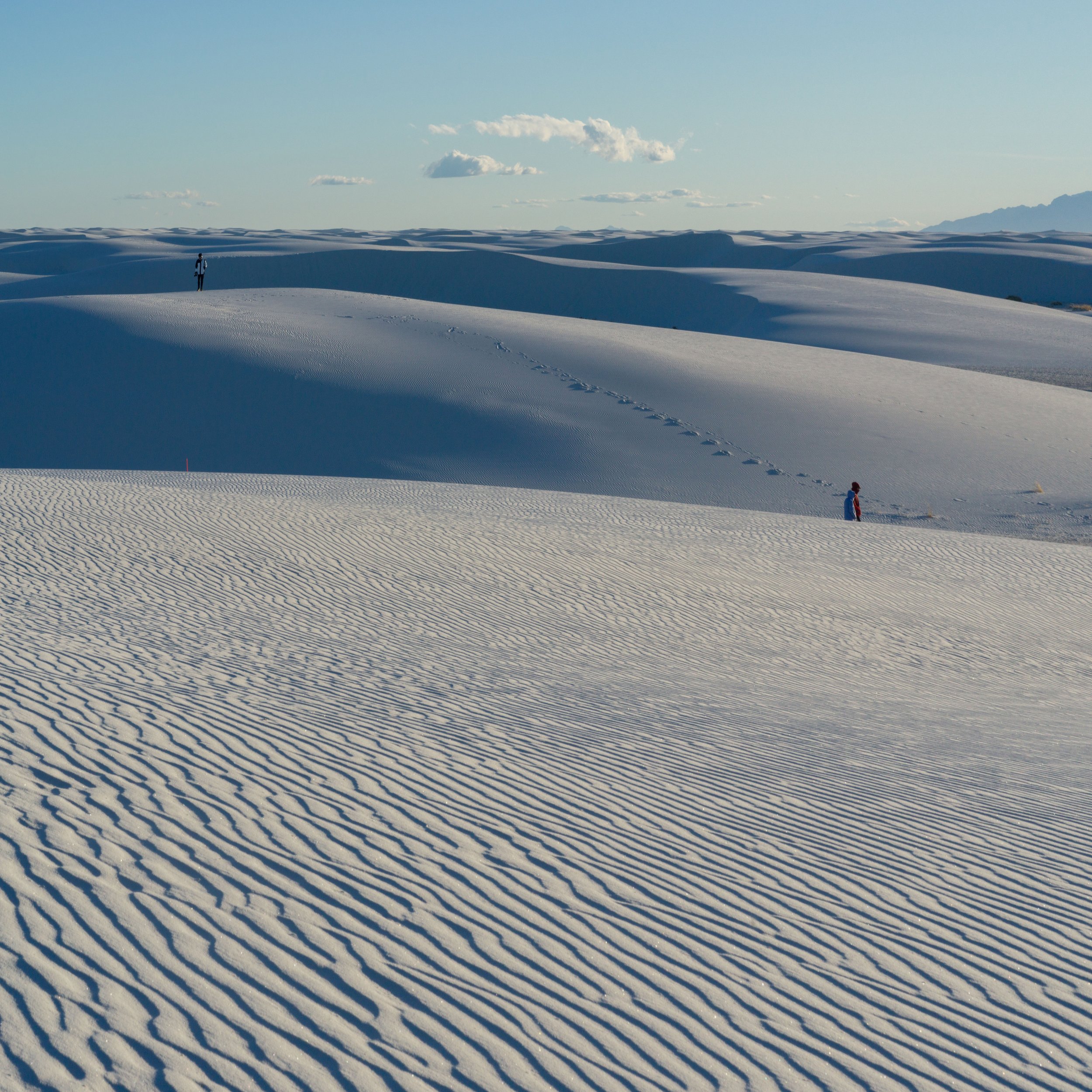THE landscape of loss




















I lost my mother last July. Although really I lost her long before. Exactly when it happened it's impossible to say. My mother had Lewy Body dementia. For years she quietly, slowly, disappeared. But not completely. She knew who she was. She knew who we were. So it was hard to pinpoint precisely how she was gone or when she disappeared. When she died, that disappearance became clear, final, absolute. Yet the disappearance after only seemed in the slightest bit different than that before. As sad as I was to lose her, the question "Will I go visit mom today?" which had loomed large at all times, vanished and I could breathe a little bit more.
In December I lost my dog. Teddy's disappearance wasn't exactly gradual. One day he was sleeping by my bed, playing cute in hopes of sharing a bite of my dinner, and the next, he wasn't. But he had been living with cancer for a year. Treatments had been tried and failed. And that year, the questions were always there - Will it be this month? Next? A year of waiting for him to die, never knowing when. Maybe even worse, a year knowing that no longer having a dog would bring freedom alongside the loss. From a world dominated by anxieties about visiting my mother and worrying about when our dog would die and how everyone would handle it, I was suddenly alone. Alone time - once rare and precious - suddenly became quiet and cold.
The loss sneaks up on you. You can see it coming, but are helpless to do anything about it. Maybe you put on a Band-Aid here and there, but you know that ultimately the result will be the same. And so, in some ways, you even want it to come, just so the waiting, anxiety, sense that you could be doing more, will finally go away. But a loss that, when it happens, is complete, and suddenly there is no going back.
And I think climate change is a little like that. We don't know how fast it's coming. We try to put on Band-Aids, and yet somehow those measures feel small and futile, as if we already know the outcome is fixed and inevitable. The Earth will no longer support human life as we know it. In this generation? The next? Will our children see the end? Our grandchildren? Will we even have grandchildren? Will anxiety be ever-present, hanging over and behind everything?
How do you process that kind of loss? How do you move forward, build, grow, try to fix things, when you always see that end right in front of you? No end is actually final, fixed, until it is. How do you turn that truth into genuine hope? How do you let that hope guide you? How do you silence the inevitable loss? So that instead of looking back and saying I wish I had enjoyed them more when they were here, I wish I had visited more, I wish I had made the most of every moment, instead of always waiting for the end, you able to say, I got joy and pleasure in the moment from the precious thing that had not yet been lost.
A loss that is sudden, unforeseen, is devastating. You had no time to prepare, to process, to adjust. But a loss that is slow and progressive, but inevitable, is insidious. Is it really any easier or less devastating? It gobbles up the present in the process. It makes that loss real sooner, long before it actually happens.
